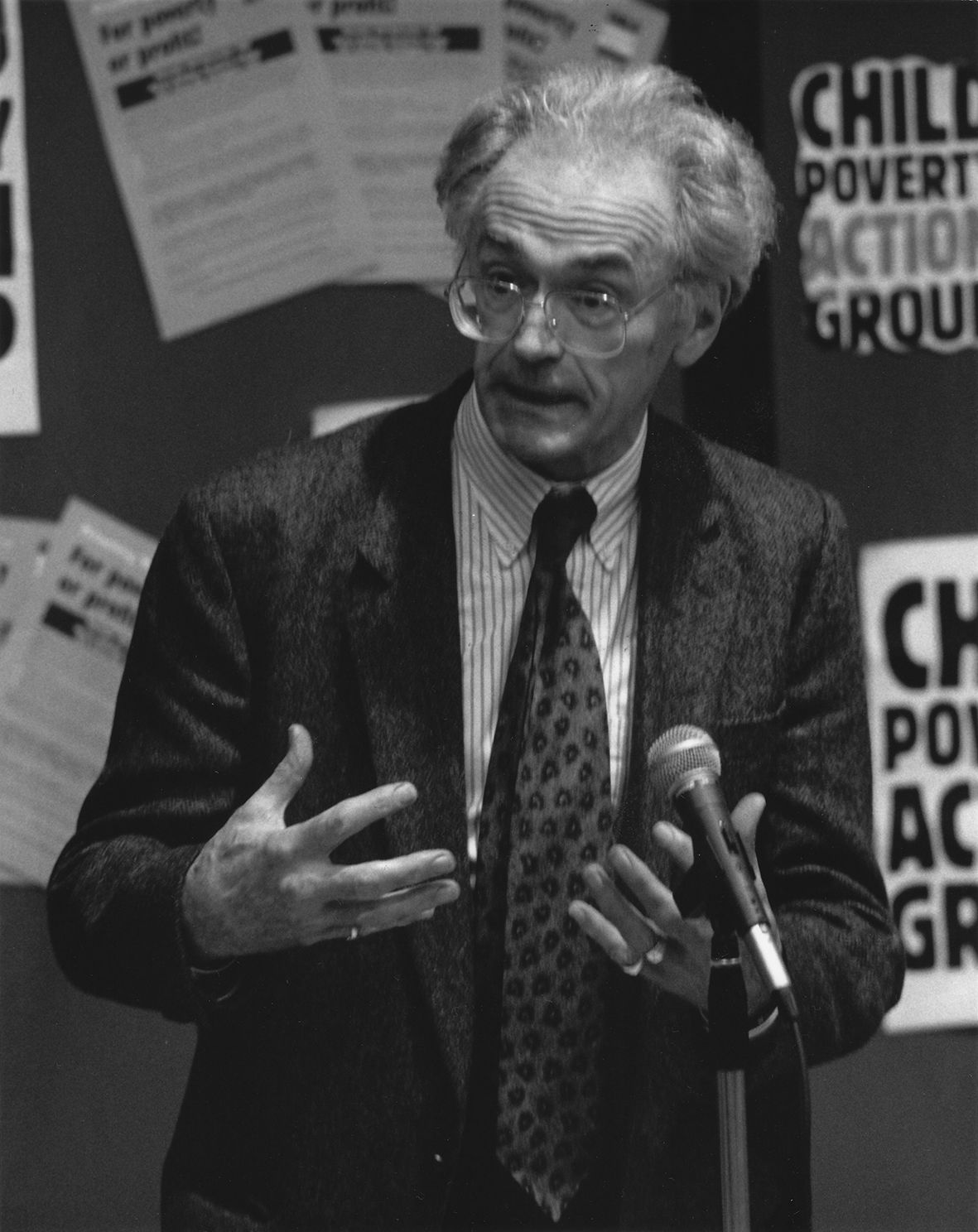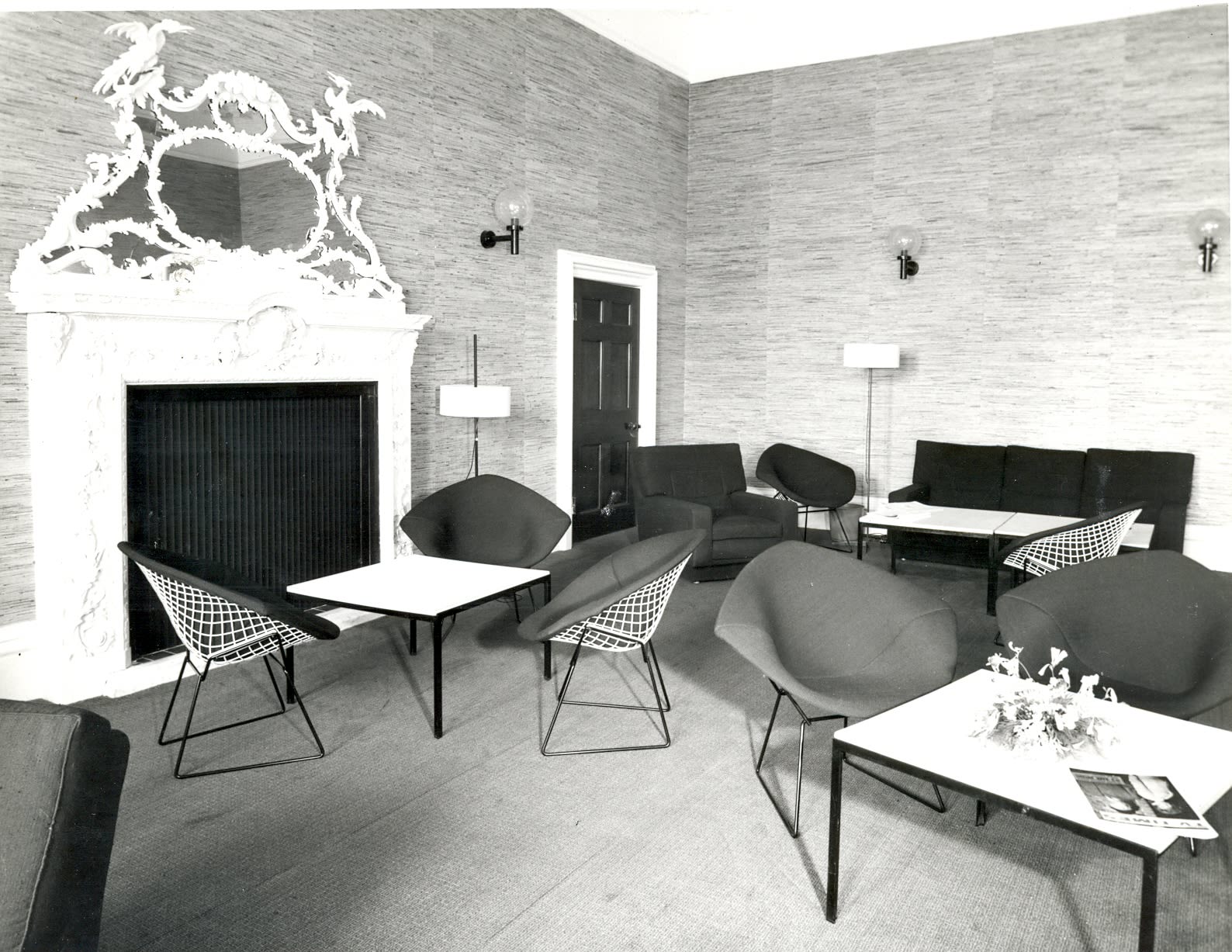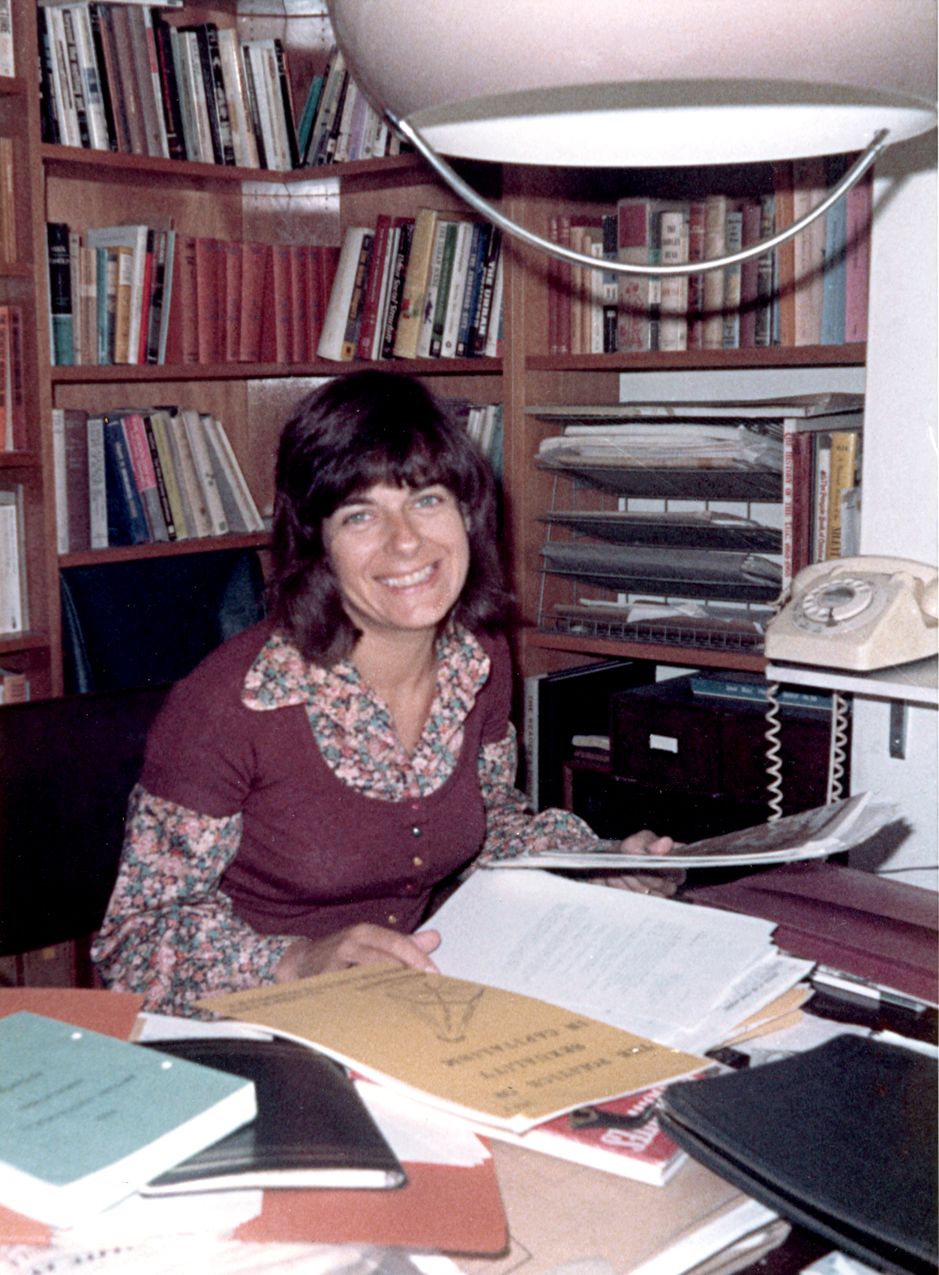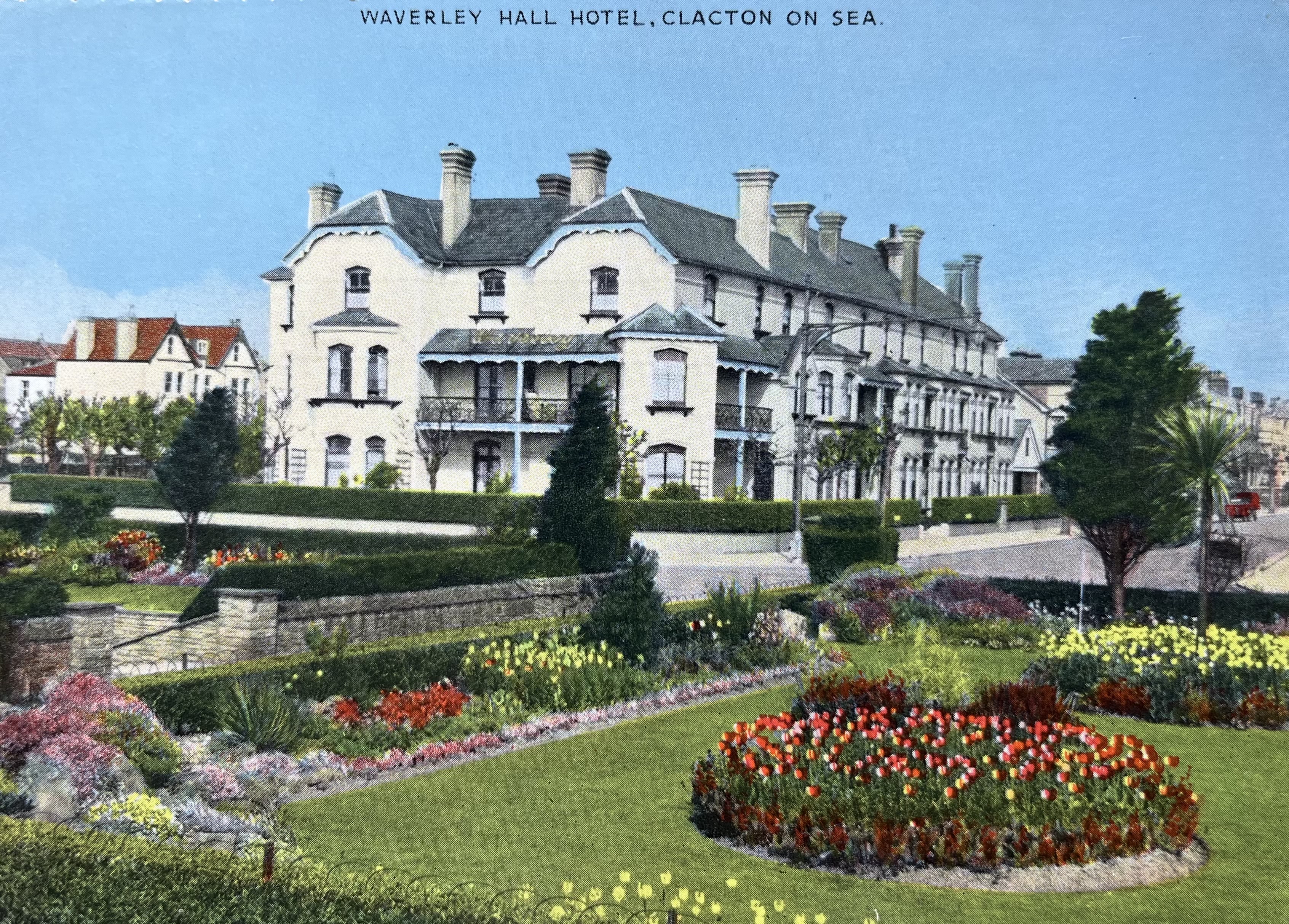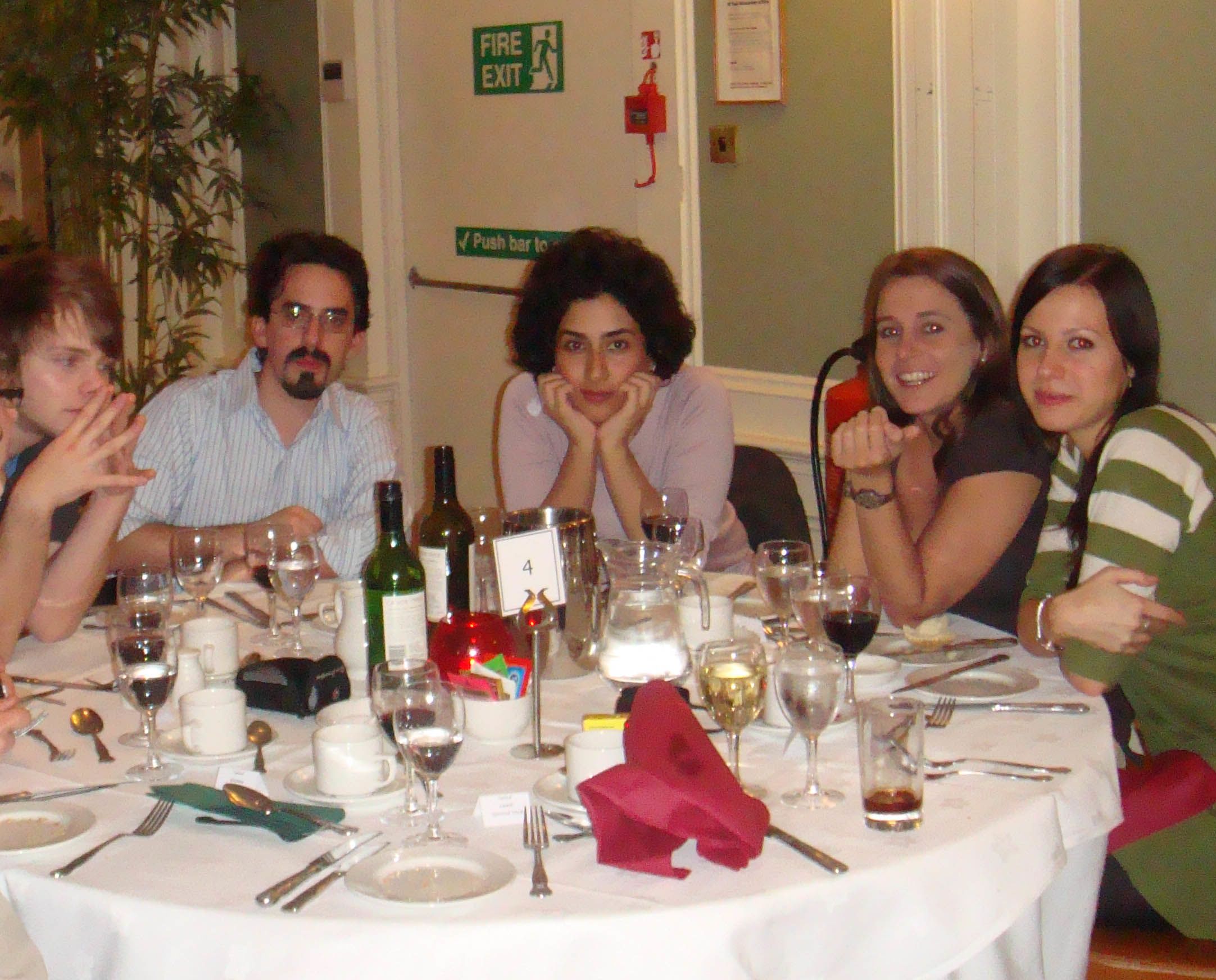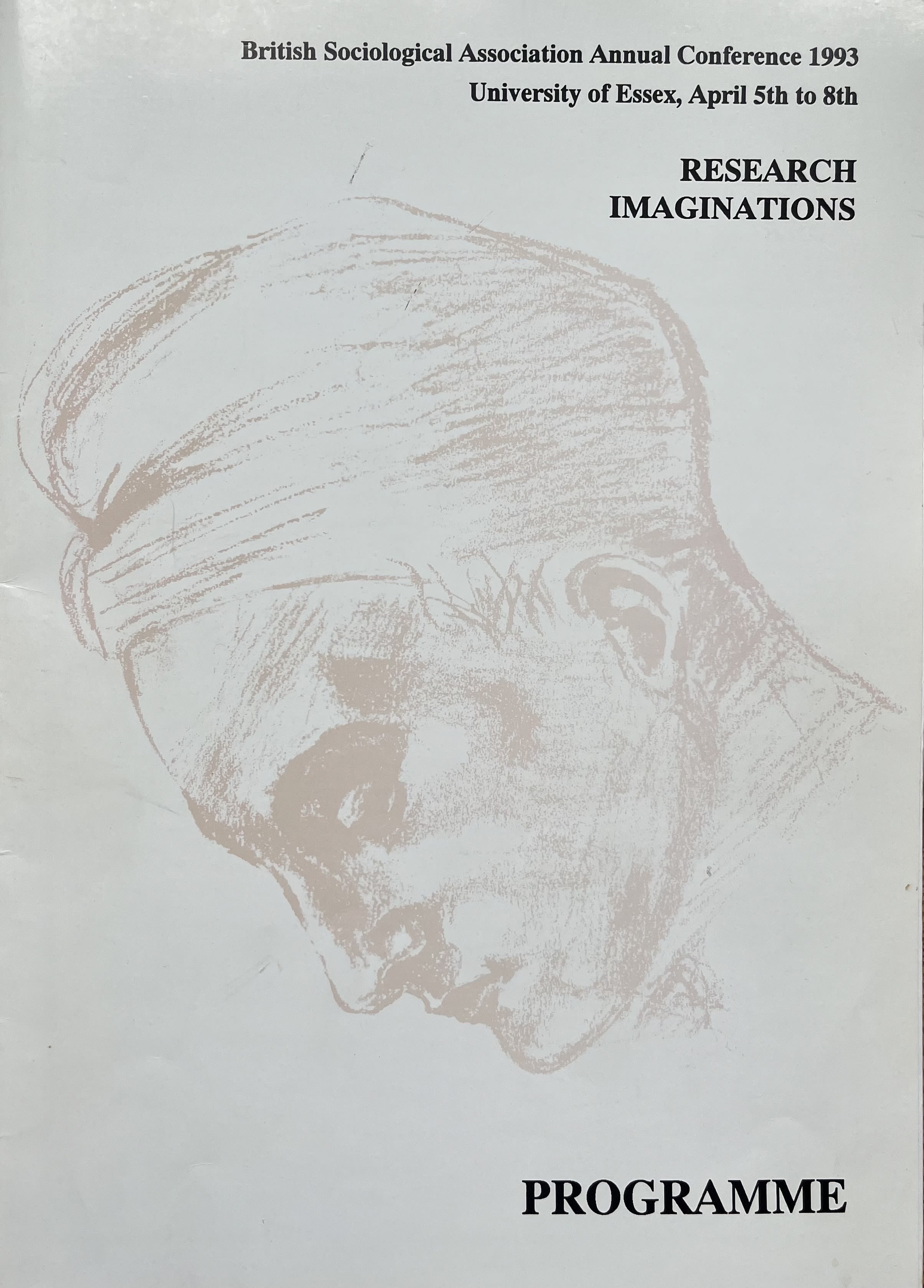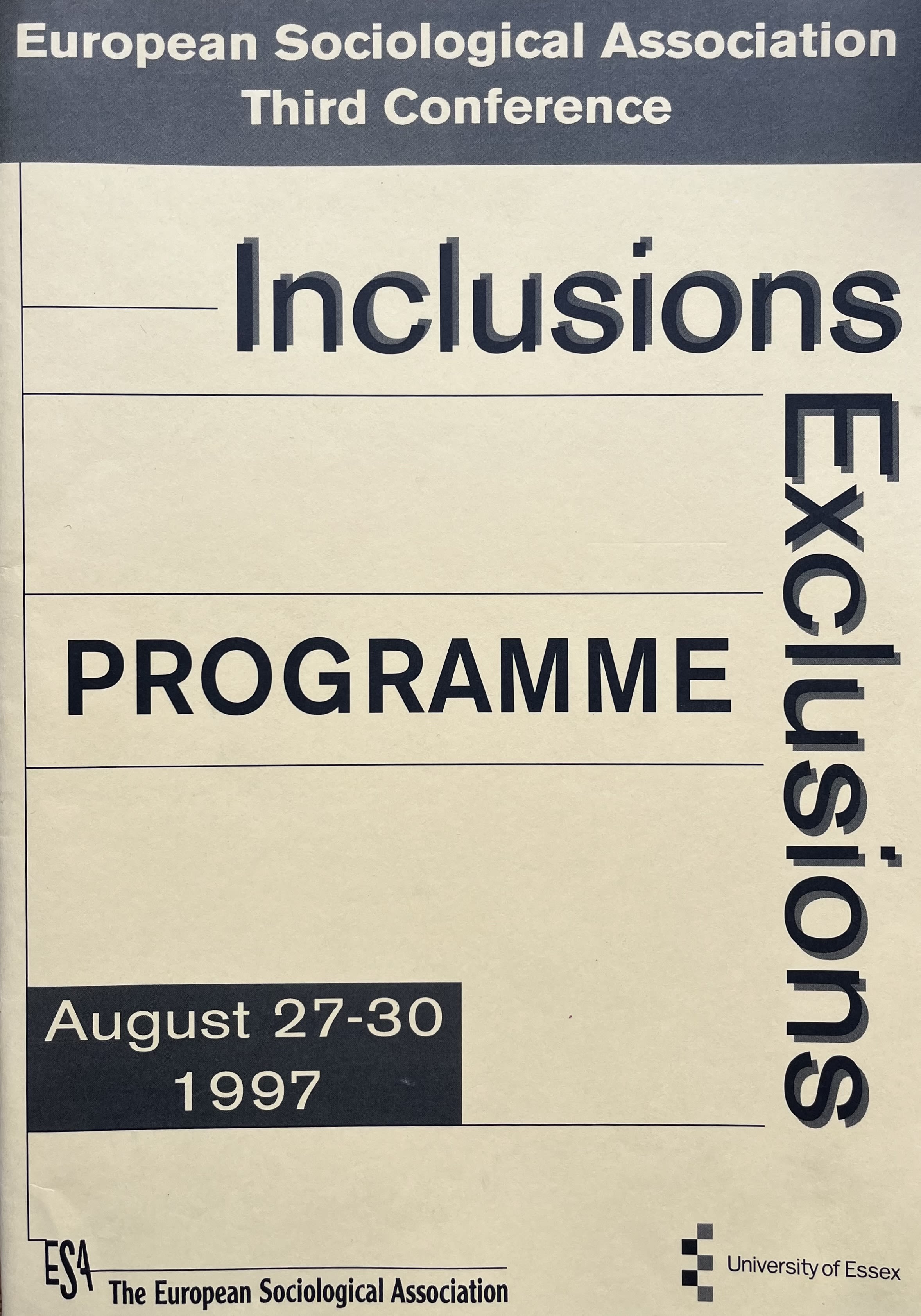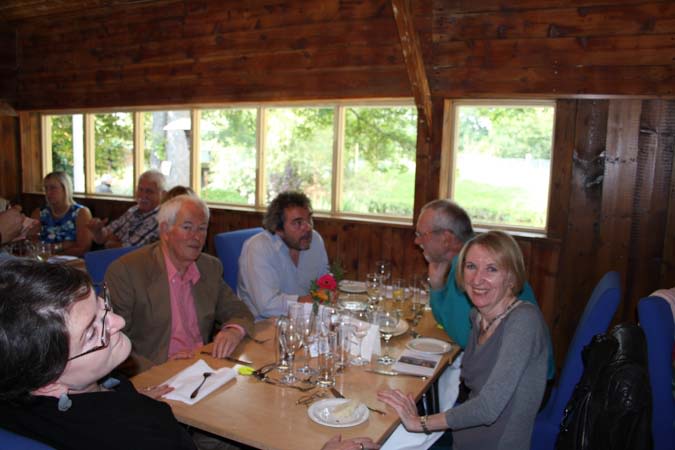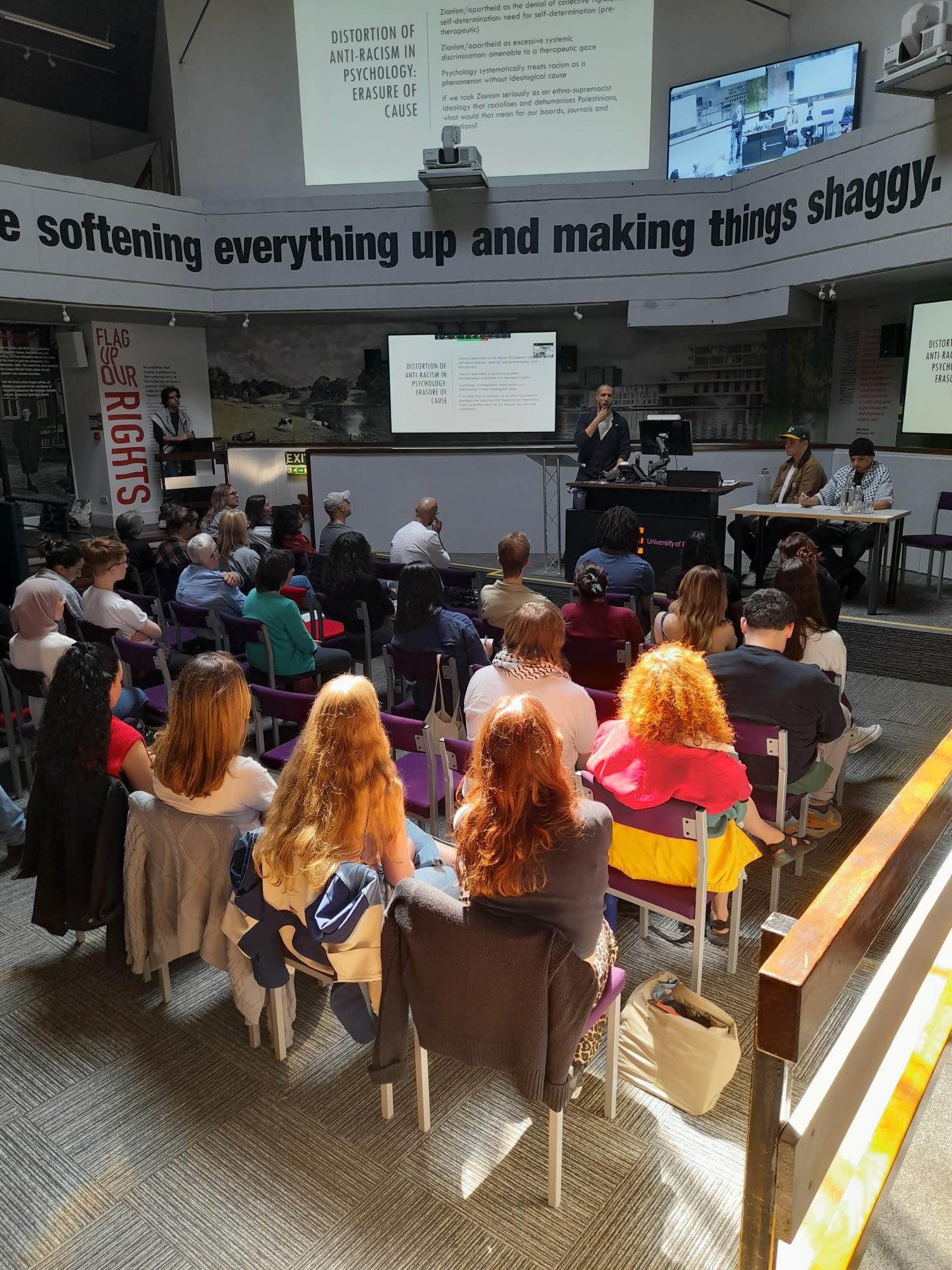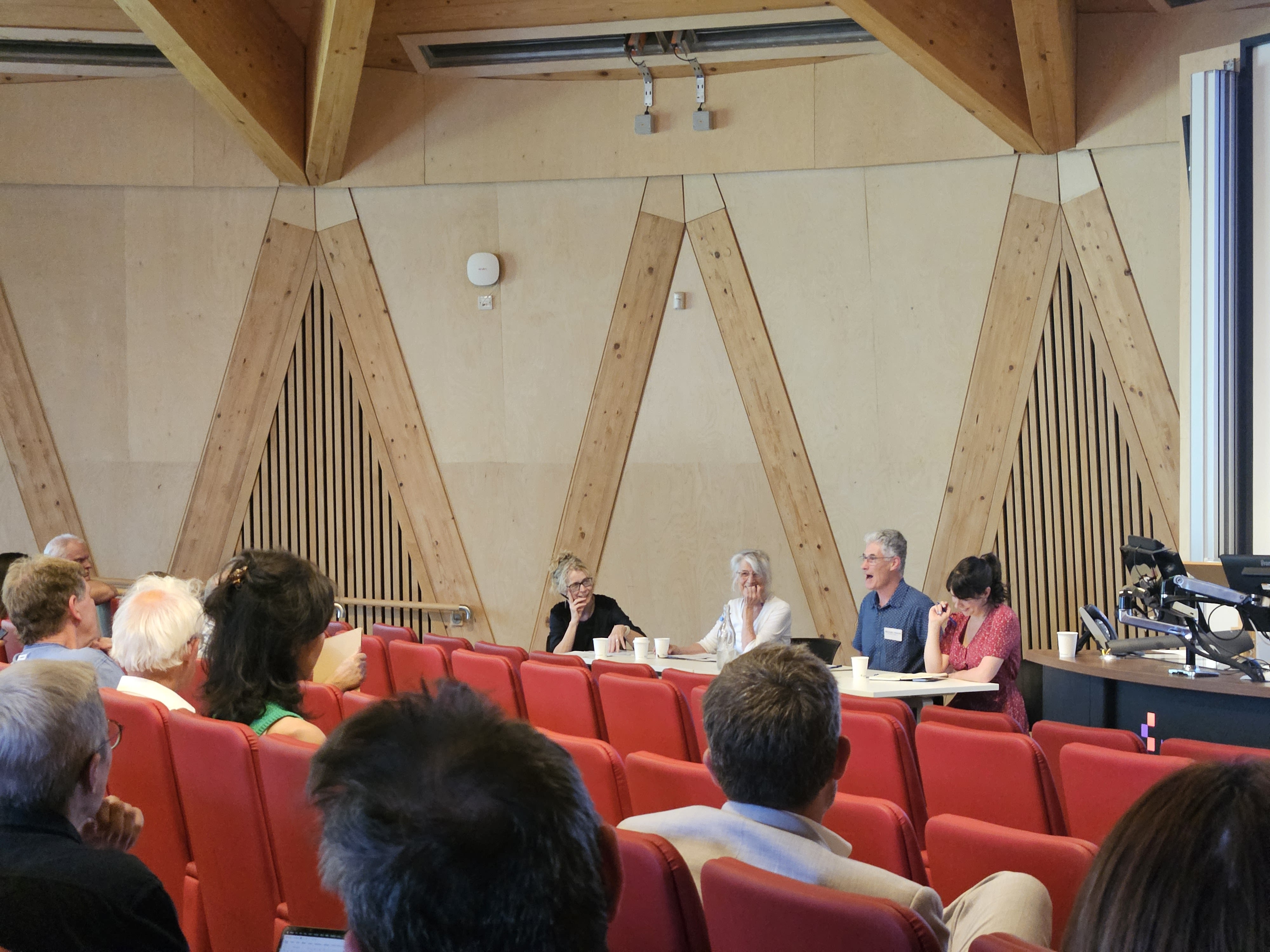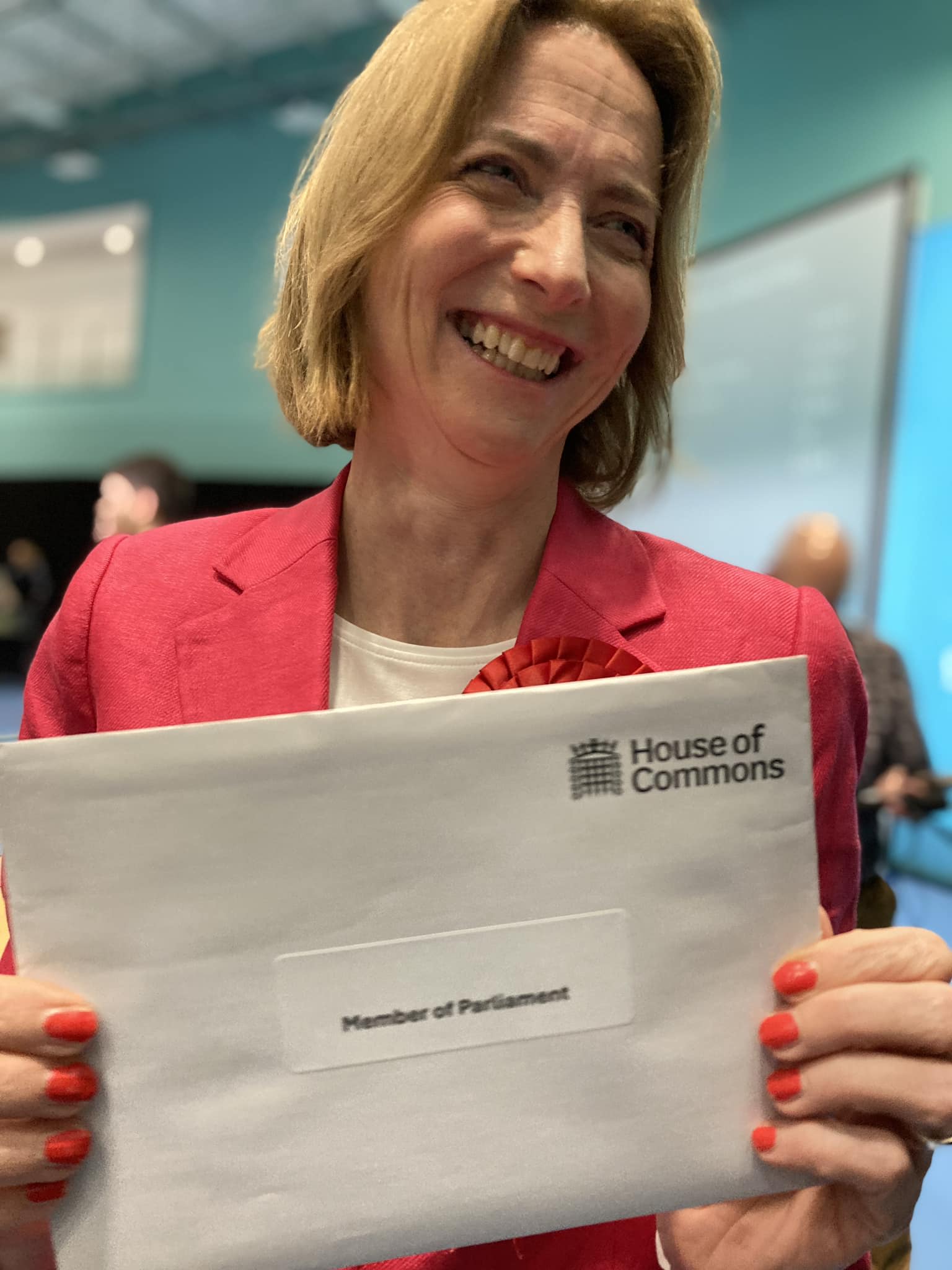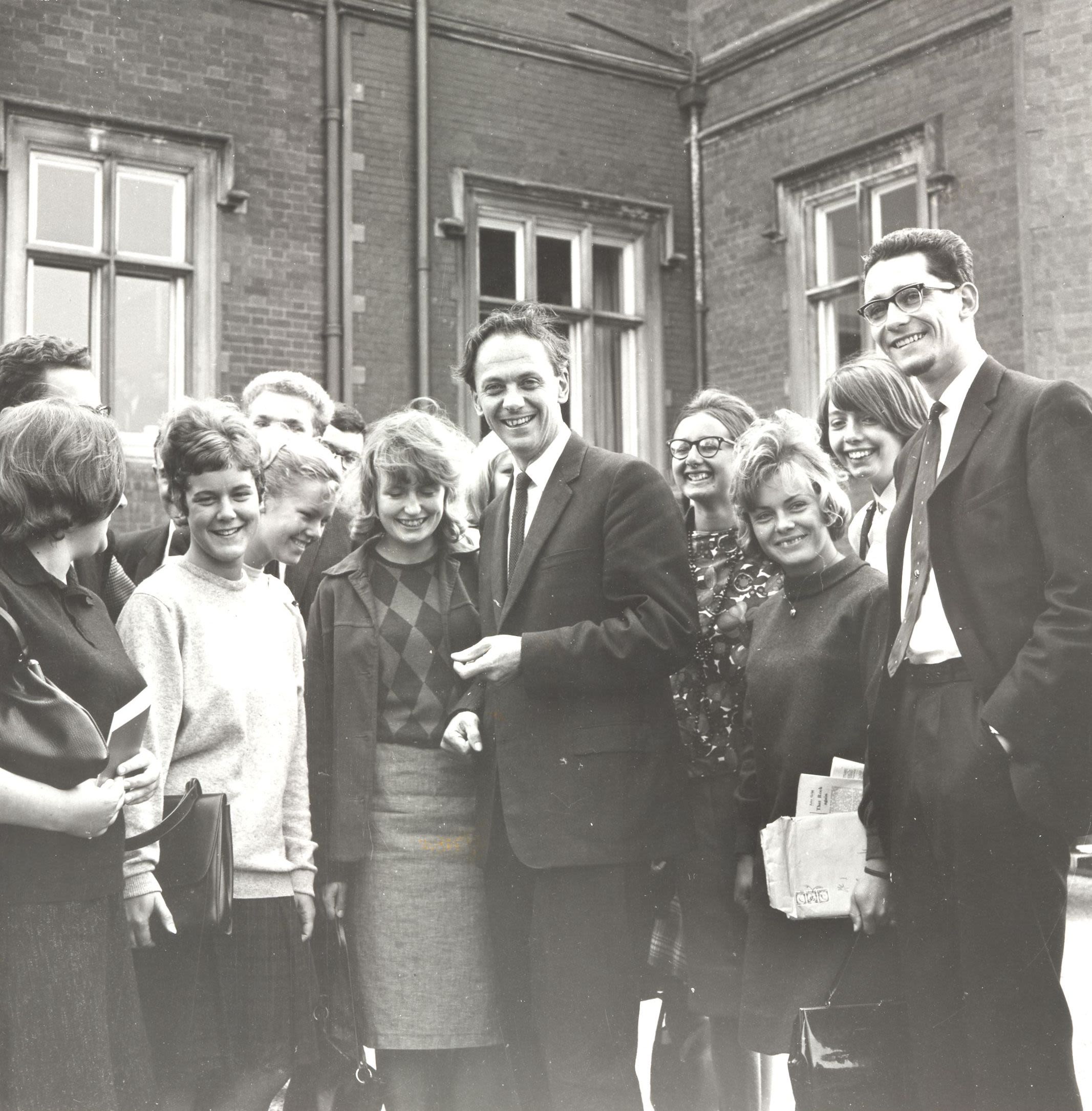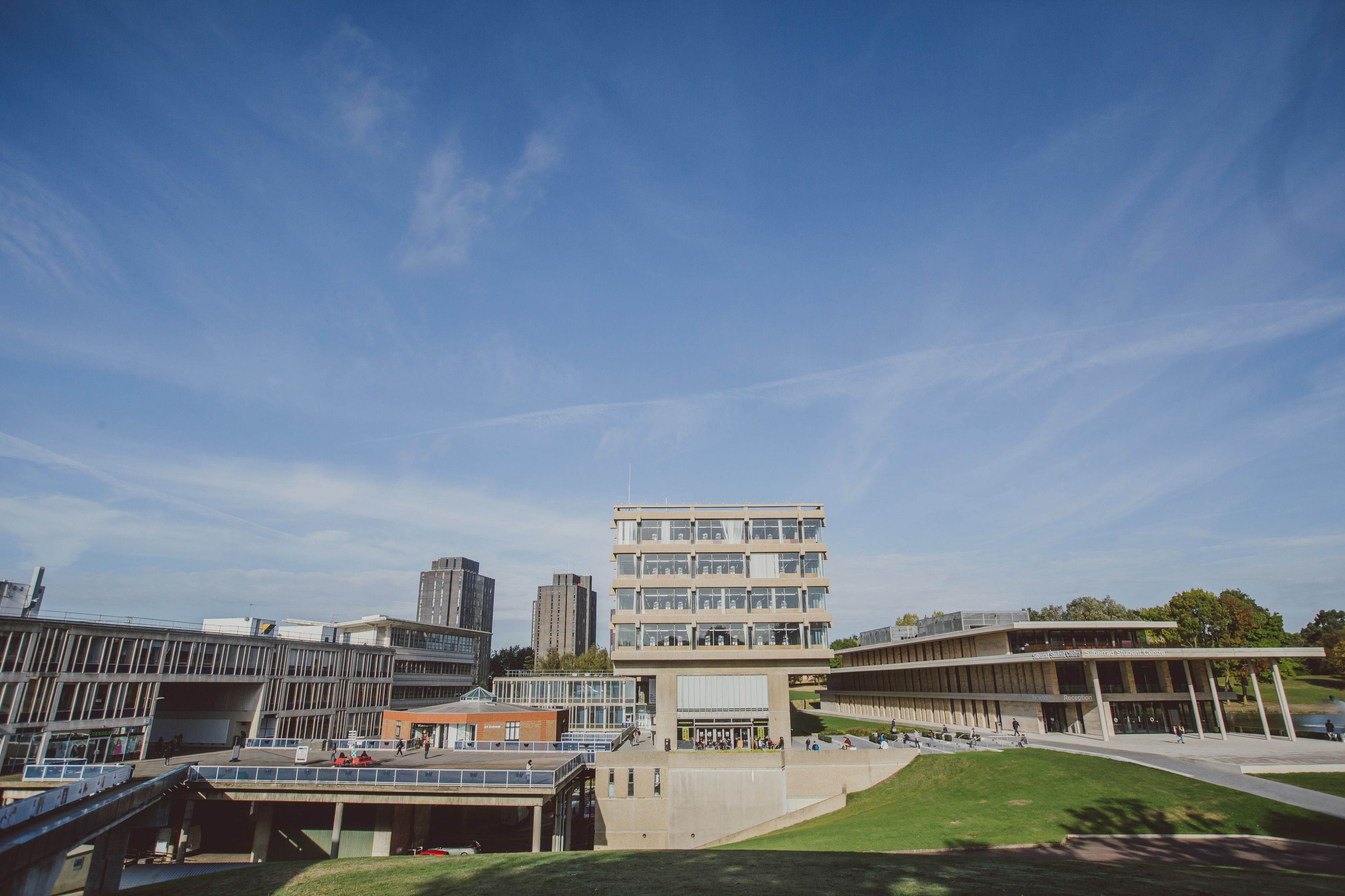Celebrating 60 years of Sociology at Essex
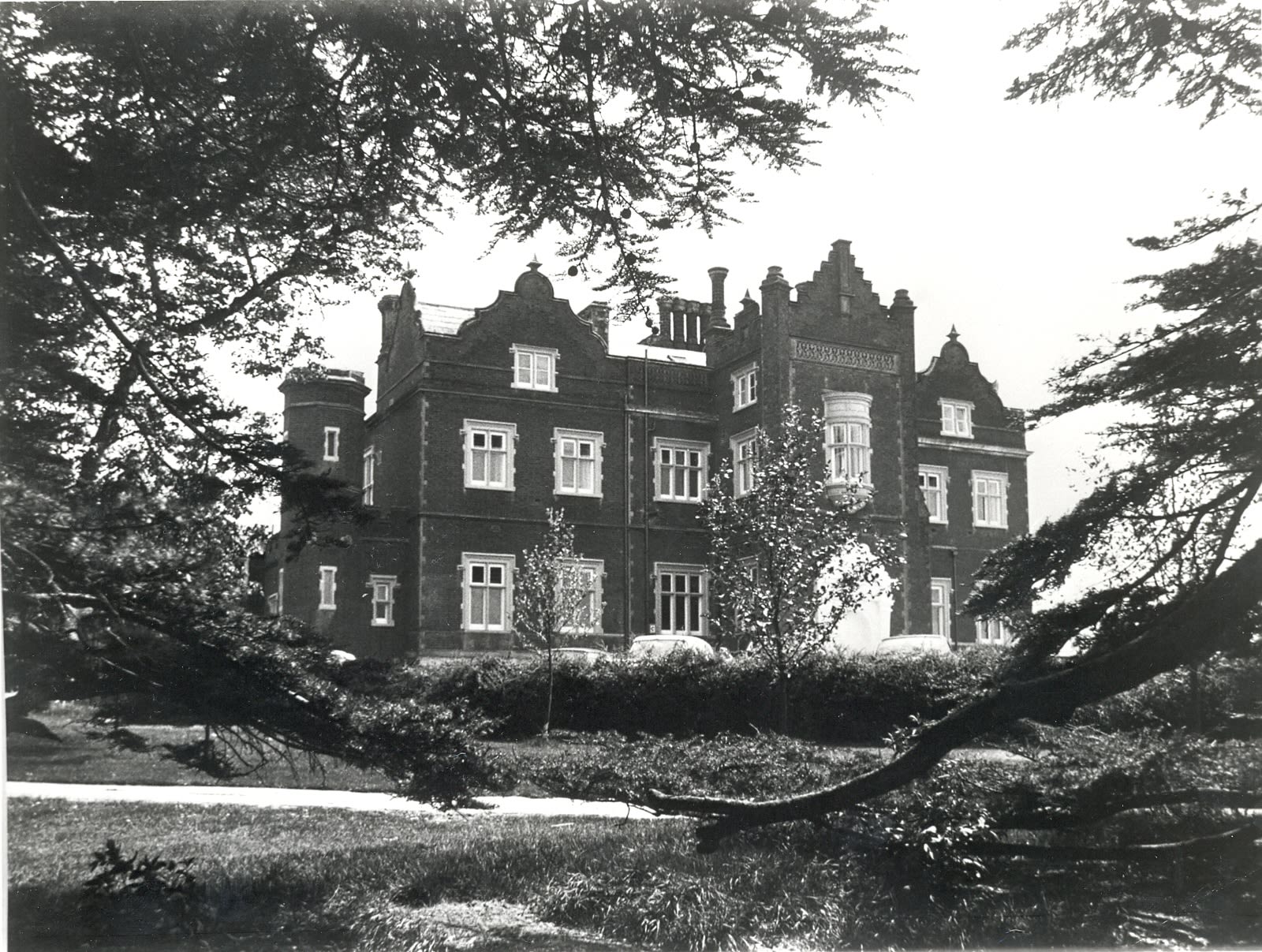
Breaking boundaries
The Department of Sociology was one of the nine founding departments of the University of Essex, itself one of seven new universities set up in the early 1960s following the government’s decision to expand higher education in the United Kingdom.
Our research has been at the cutting-edge of global sociology and criminology for six decades.
We’ve been ranked in the top ten of the UK Government’s research assessment exercises ever since they were first launched 30 years ago.
In the most recent Research Excellence Framework (REF), we were 1st in the UK for ‘research environment’ – a testament to the pioneering work of our academic staff and PhD students.
Our Department has five major research centres focused on the areas of sexuality studies, criminology, economic sociology, migration and global south studies, drawing international visitors from across the world to Essex.
Here, we reconstruct the Department’s history over the last six decades.
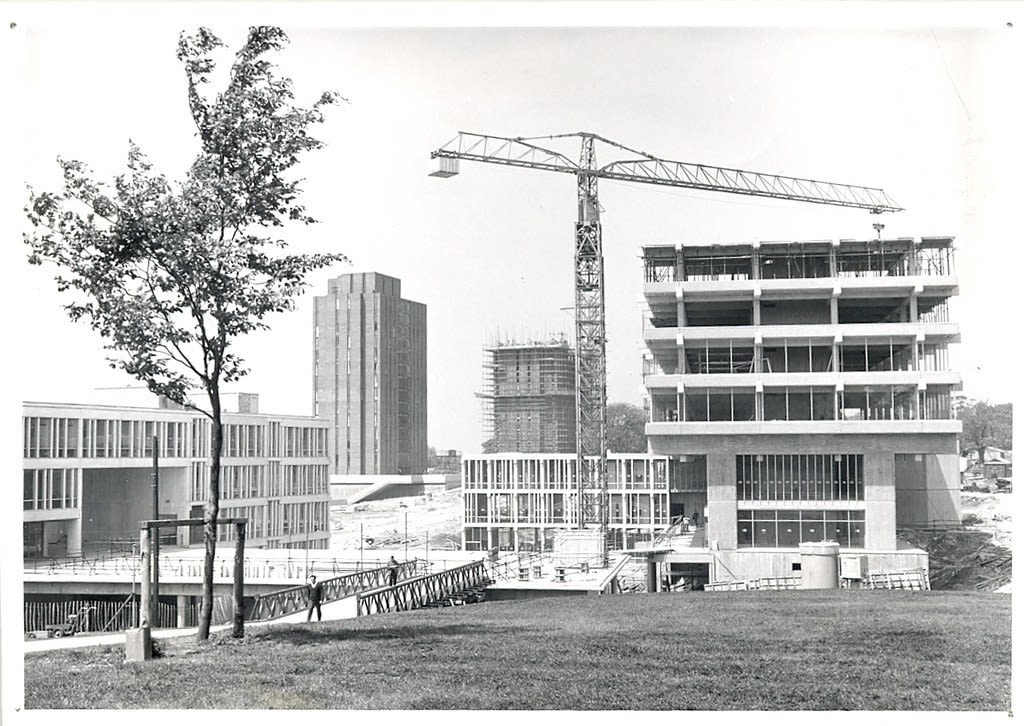
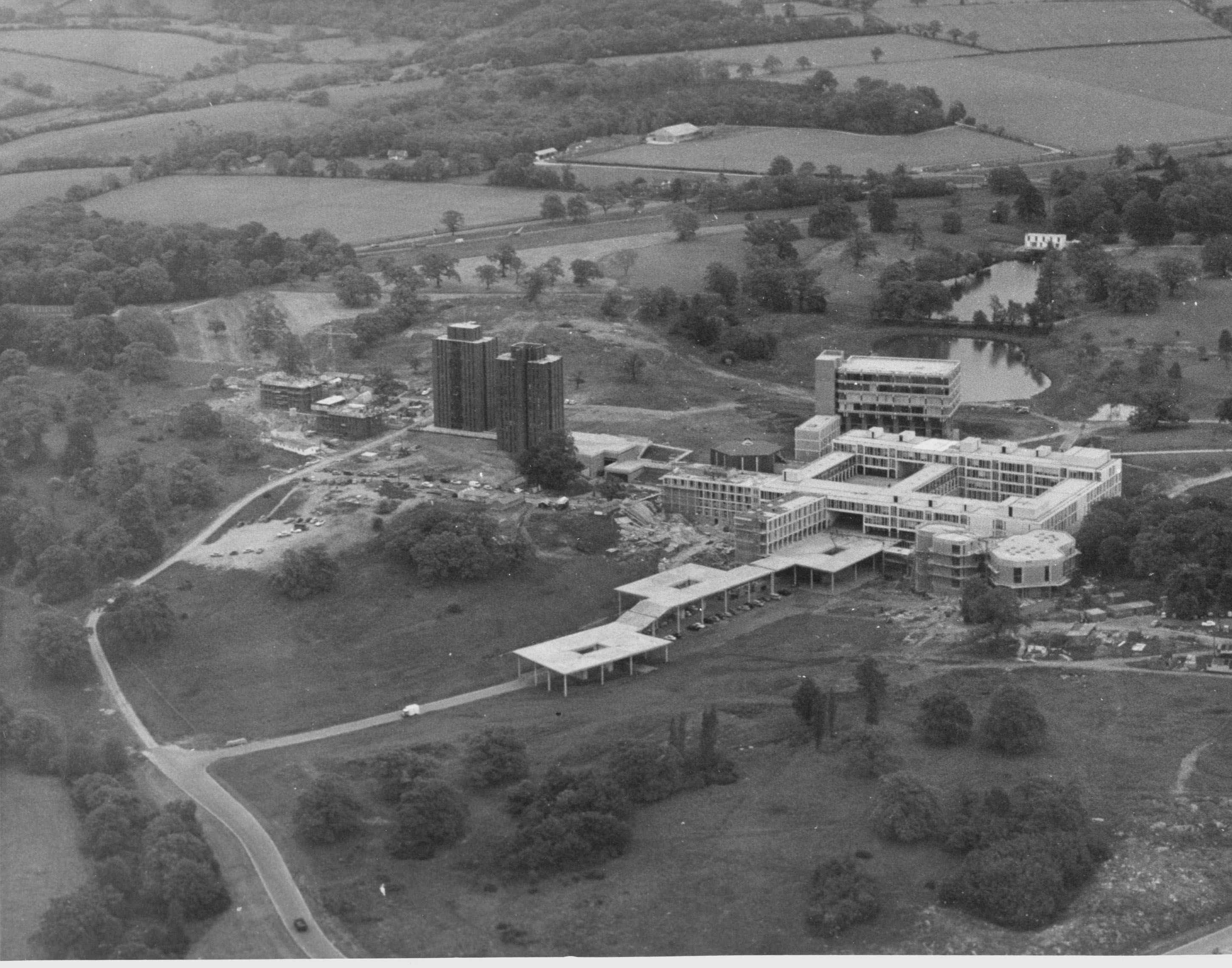
1960s
Peter Townsend, the first Professor of Sociology at Essex, pictured right, was appointed in 1963 and played a crucial role in shaping the Department's broad, interdisciplinary approach to sociology that has continued to this day.
This was manifest in the selection of academic staff with a range of disciplinary backgrounds, such as philosophy, social psychology, anthropology and social history, as well as sociology, at a time when rather few had trained as sociologists.
It was also reflected in the Department’s approach to curriculum development which regularly included modules in social history, social psychology, social anthropology and the philosophy of social science.
This broad, interdisciplinary approach influenced the Department’s contribution to a range of theoretical debates and empirical research on social class, poverty and inequality not only in the UK but across a range of other countries. Professor Townsend also initiated discussions on setting up the Social Science Research Council Data Bank (now the UK Data Archive) which was established in 1967 at Essex.
Whilst the Colchester Campus was being constructed, the Department was first based at Wivenhoe House. The picture right shows the lounge area in the 1960s.
The first students arrived in 1964 and the first undergraduate degrees in Sociology were awarded in 1967.
The first PhD in Sociology was awarded in the Department in 1968, and an MA in Social Service Planning was introduced that year.
That year, the Department of Sociology had 24 academic staff and seven secretaries.
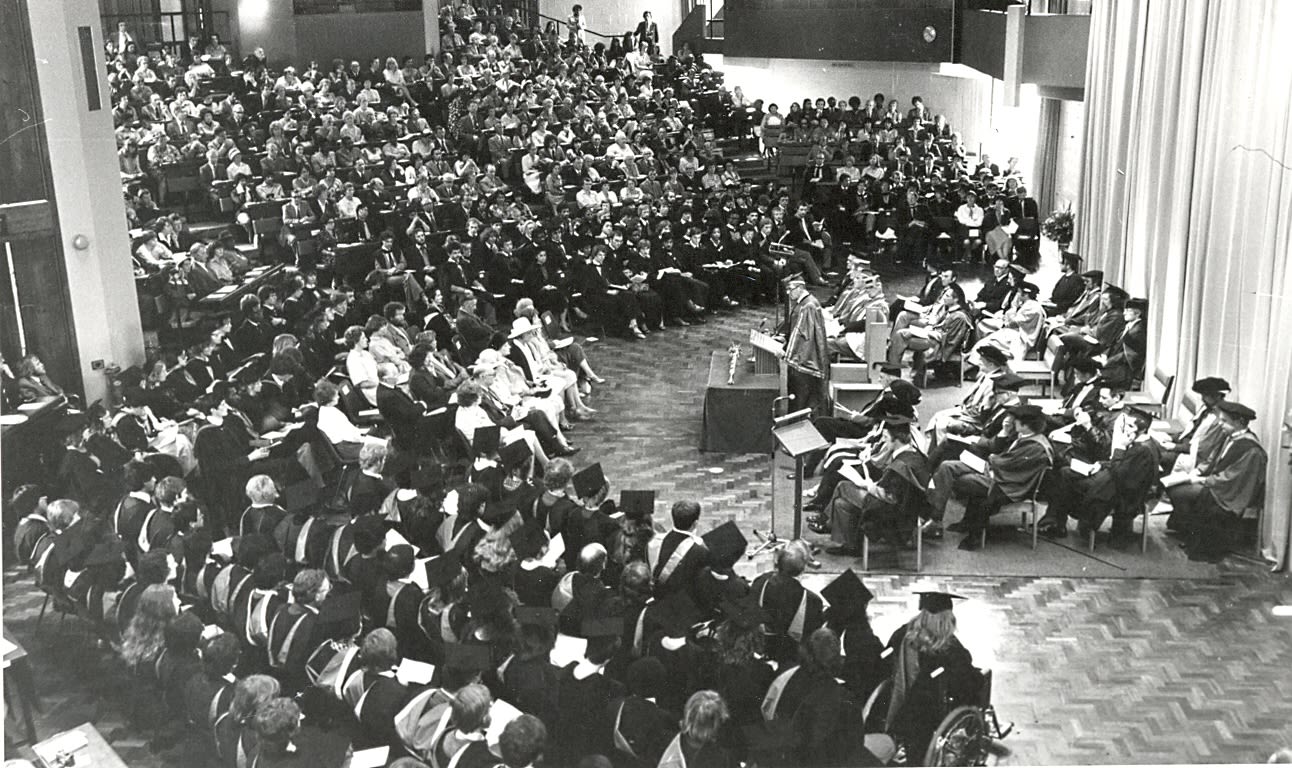
Political unrest
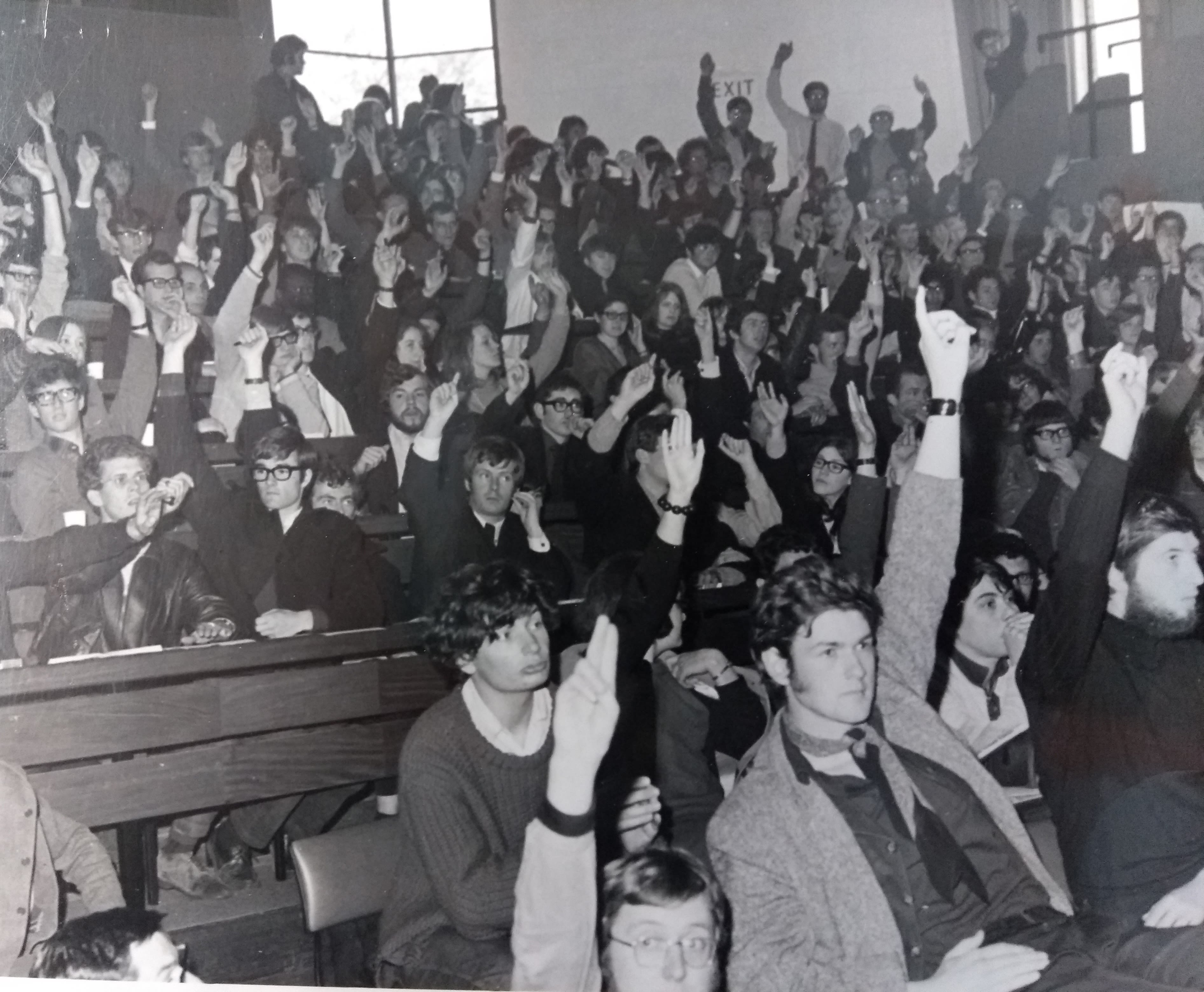
The year 1968 was also marked by political protests and action at Essex. For example, students and staff protested against British politician Enoch Powell’s visit to Colchester Campus following his “Rivers of Blood” speech and against a government scientist’s lecture on the development of chemical and biological weapons and their use in the Vietnam War.
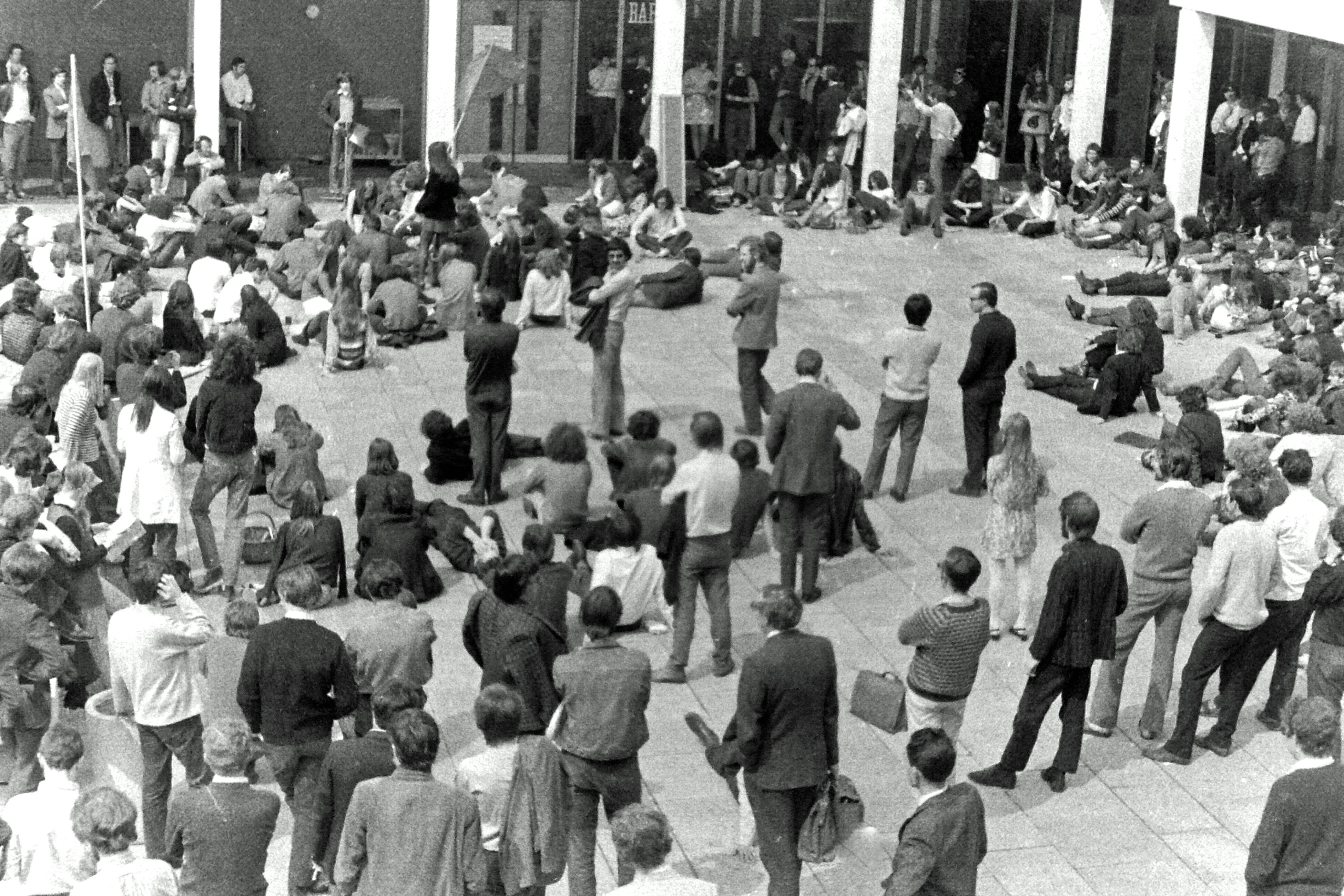
1970s
By 1970, the Department had more than 200 undergraduate and postgraduate students.
The decade was characterised by the emergence of a period of stagflation across the country and by student protests in 1973-4 on and off campus against the ensuing cuts to higher education.
These protests led some Conservatives to call for the University of Essex to close down. Despite these social and political upheavals, it was a period of relative departmental stability, though there were some significant curriculum developments.
The first undergraduate module in Women's Studies was introduced in 1973 and an MA in Social History the same year, and a new BA in Latin American Studies was introduced in 1977. Latin America and Russia were the focus of the University’s School of Comparative Studies, one of the two schools in which the Department was located, the other was the School of Social Studies. The first Fuller Lecture was given in 1979, funded by a legacy from Jessie Fuller who had admired the research of Peter Townsend. Today, the Fuller Lecture is still held annually.
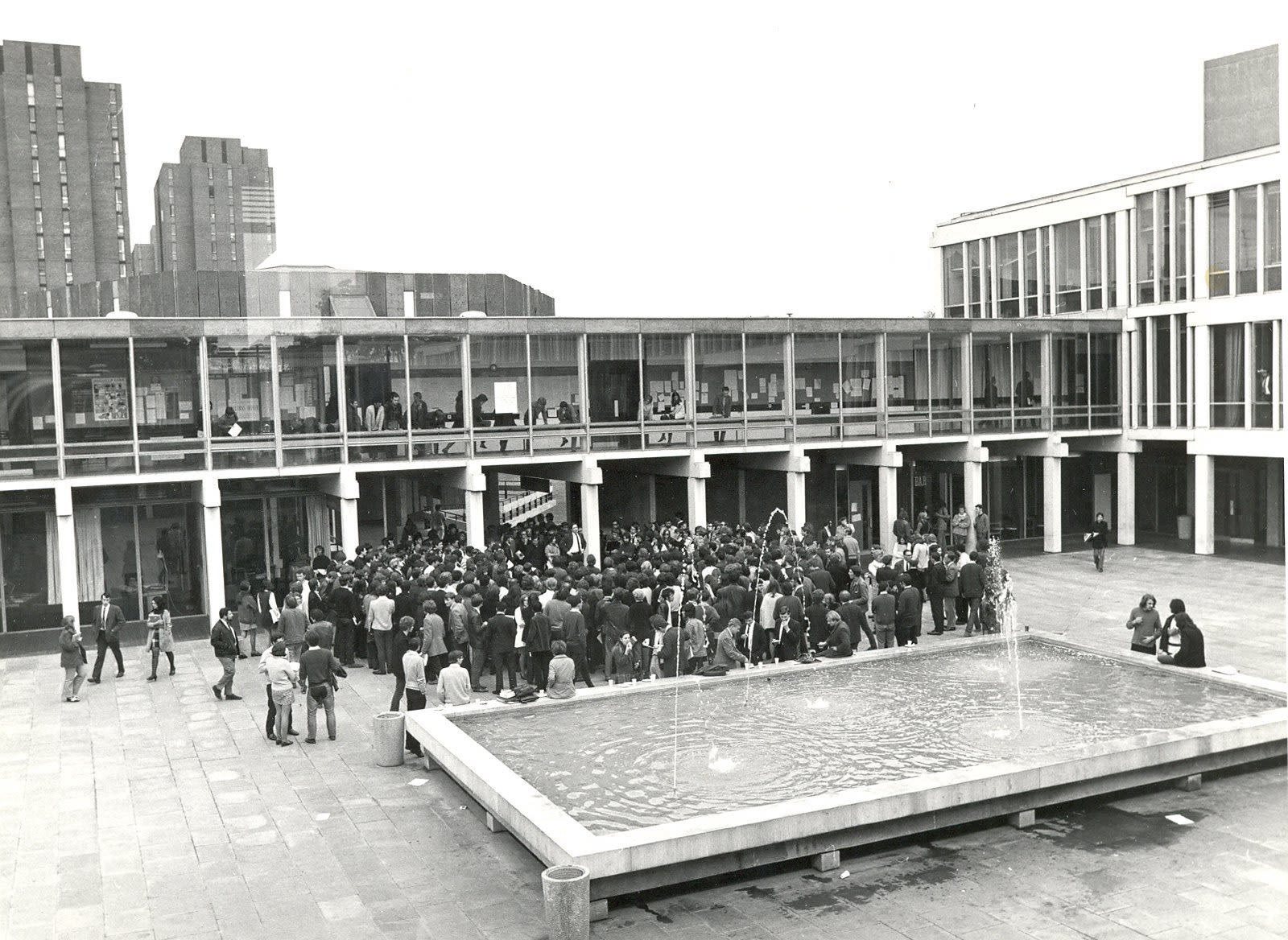
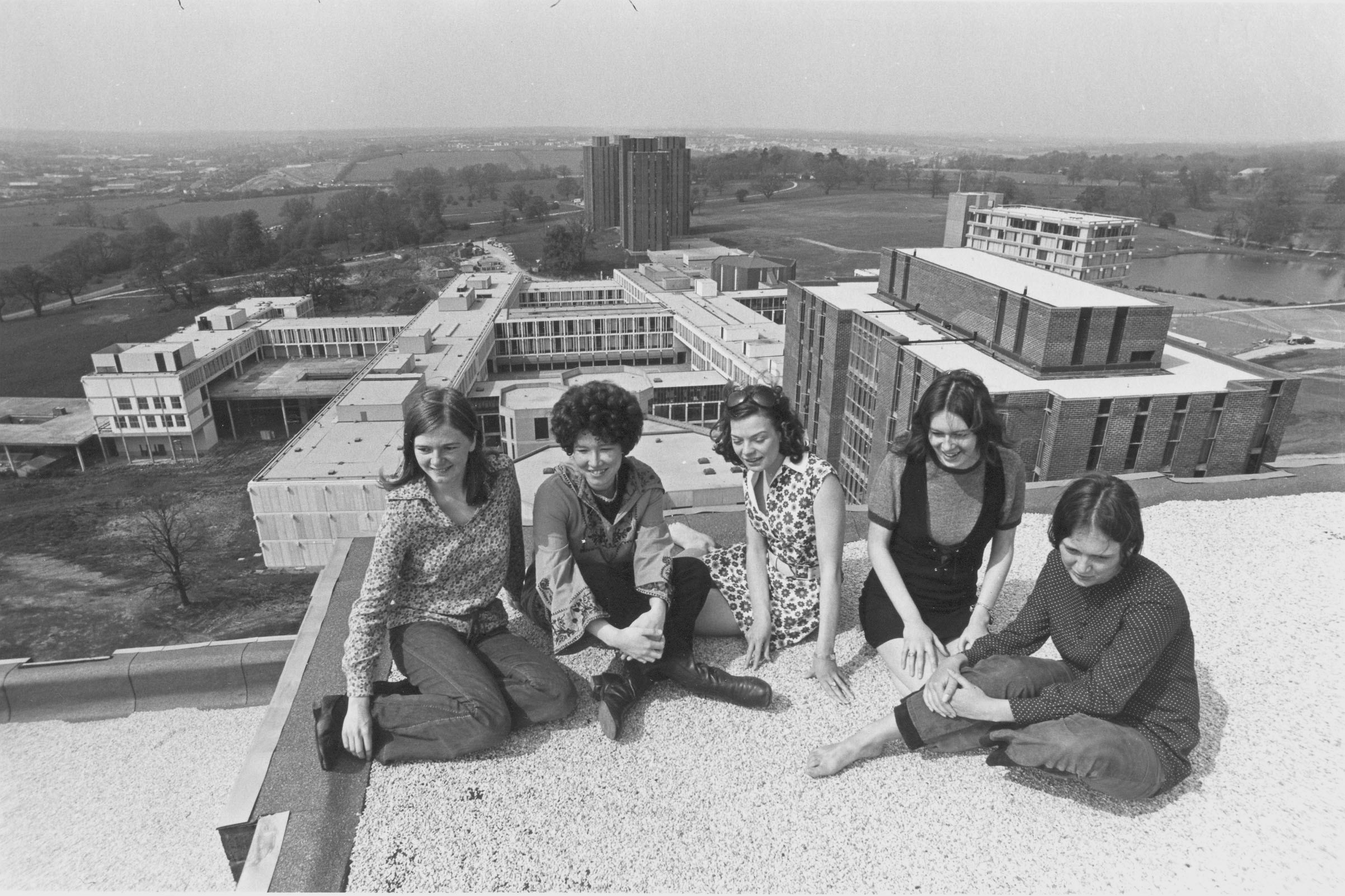
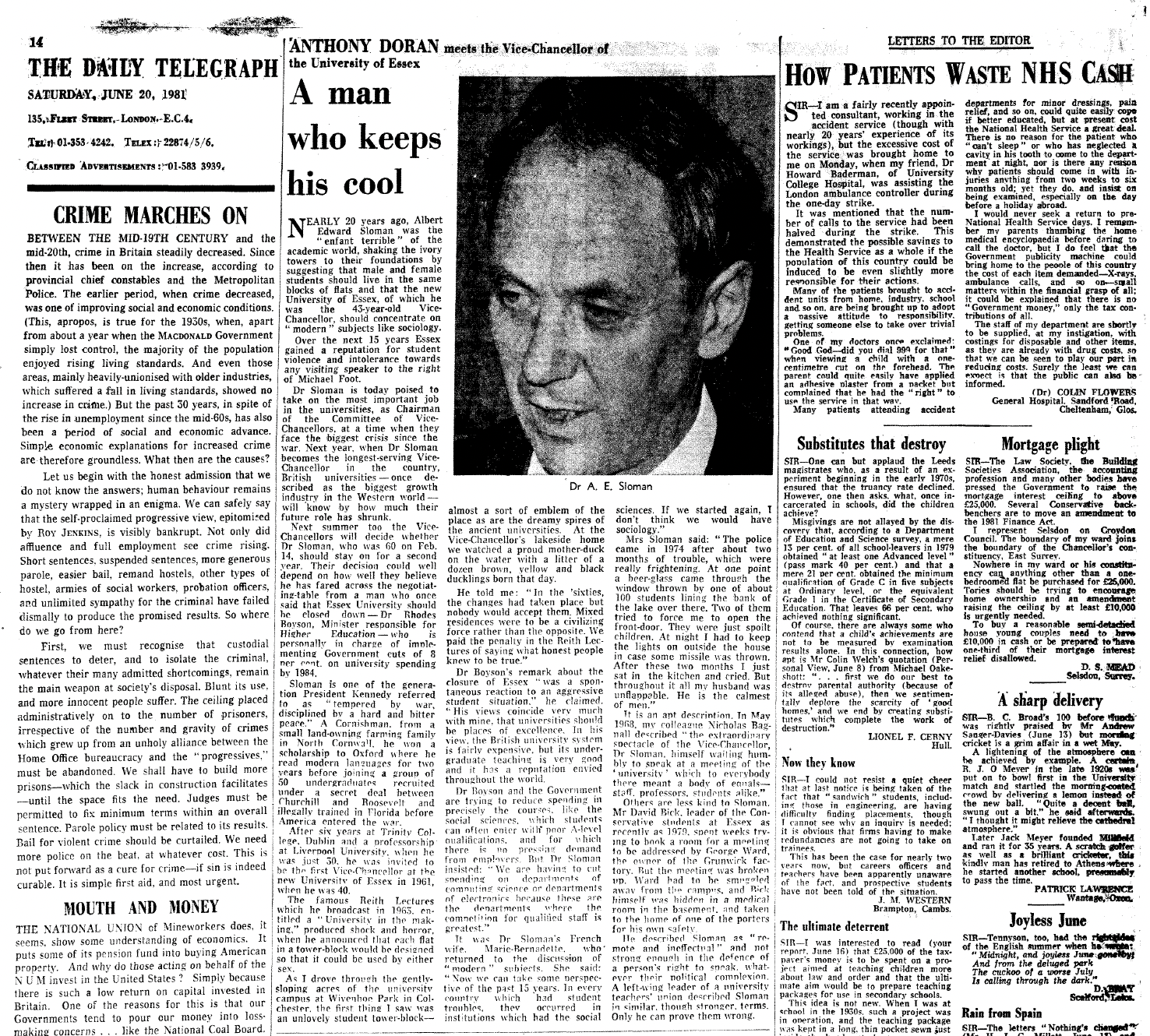
1980s
In the face of the ongoing financial crisis and major cuts to higher education by the Thatcher Government, there was a period of general university retraction.
Against this backdrop, sociology was seen by some people – including some at the University of Essex – as too "radical" a discipline and was blamed for social unrest over cuts to public services.
The Daily Telegraph (20 June 1981) published an article which cited the wife of University of Essex Vice-Chancellor Sir Albert Edward Sloman, Marie Bernadette Sloman, as blaming the social sciences - and sociology specifically - for protracted student protests over the past 15 years.
There were only two new appointments in the Department during the remainder of the decade and two new degrees: a BA in Sociology and Social Policy (1984) and an MA in Sociology and Community Mental Health (1988).
In 1986, Mary McIntosh, pictured left, became the first woman to chair the Department. The Departmental office also started the process of ‘computerisation’ in the 1980s.
The first Annual Graduate Weekend, where staff and students presented their research and had shared social activities, was held at Waverley Hall Hotel in Clacton in November 1987.
This has now become a Graduate Conference, which is still held annually.
Towards the end of the decade some department staff were heavily involved in planning the pioneering British Household Panel Survey (BHPS), a longitudinal survey of the socio-economic circumstances and attitudes of some 10,000 individuals from 5,500 households.
The study, funded by the ESRC, was to be located in a new Research Centre on Micro-Social Change (now part of the Institute for Social and Economic Research - ISER) with sociologists appointed as the Director and Deputy Director.
The first interviews were carried out in 1991 and the survey continued annually with the same set of respondents until 2009. The BHPS, with most of its original respondents, was then integrated into ISER’s wider-ranging Understanding Society survey which is still run by ISER today.
Graduate Conference 2009, from left: Mitch Hansen, Jorge Daniel Figueroa Escalante, Zahra Khedri, Paula Vincent, Livia Fonyodi.
Graduate Conference 2009, from left: Mitch Hansen, Jorge Daniel Figueroa Escalante, Zahra Khedri, Paula Vincent, Livia Fonyodi.
1990s
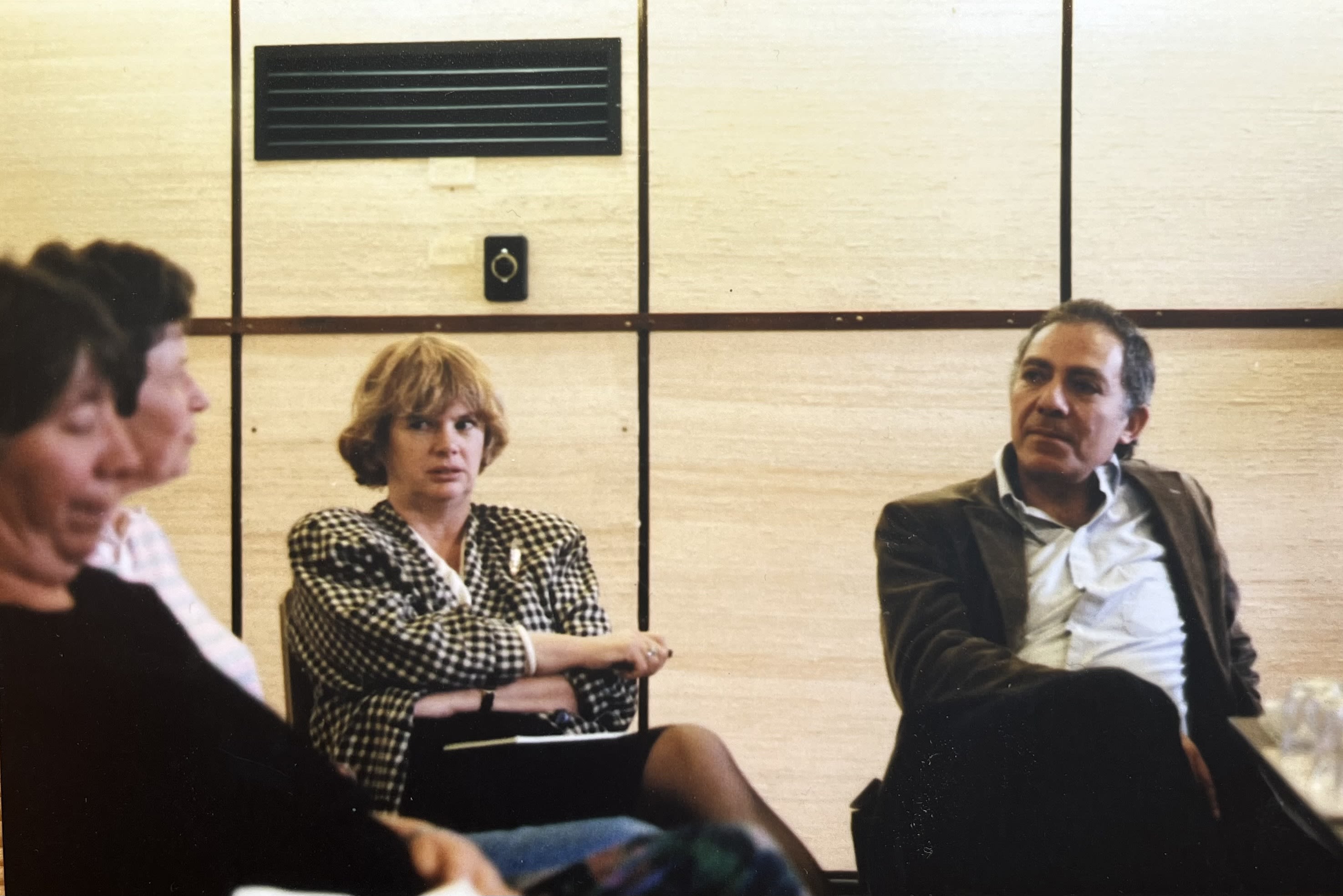
After the frugal 1980s, this was a decade of expansion with many new appointments, and some new degrees including two new BAs in Sociology and Health Studies (1993) and Sociology and Criminology (1998) and five new MAs in Contemporary Japan (1991), Research (1993), Health and Social Policy, (1993) Psychoanalysis (1993), the Sociology of Culture (1996) and Criminology (1999).
As part of the government-funded Project 2000 transformation in nurse training, two new academic posts were created in the Department to provide teaching to nurses.
This soon led to the establishment of a separate Health and Social Services Institute (later the School of Health and Social Care). In 1993 Joan Busfield became the University’s first female Pro-Vice Chancellor.
The Centre for Psychoanalytic Studies, which was supported by the Department of Sociology given its psycho-social interests, was launched as an independent centre in 1993 and later became its own department.
In 1993, the Department hosted the British Sociological Association’s Annual Conference – Research Imaginations and in 1997, it hosted the European Sociological Association’s Annual Conference Inclusions Exclusions.
2000s
The decade was marked by staff change, further curriculum developments and the establishment of two important centres in the Department.
Several long-serving staff retired, and a number of appointments were made. Two new BAs were introduced: Sociology, Culture and Media (2000), and Sociology and Human Rights (2003).
The Centre for Research in Economic Sociology and Innovation (CRESI) was established in 2007 and the Centre for Intimate and Sexual Citizenship (CISC) in 2009.
Essex Sociology Faculty were also appointed in leading disciplinary positions. John Scott became the President of the British Sociological Association in 2003 and was followed by Joan Busfield.
Yasemin Soysal became President of the European Sociological Association from 2001 to 2003.
The decade ended with the death in 2009 of Peter Townsend, the founding professor of Essex Sociology and pioneering scholar of poverty and social inequality, who had left the Department in 1981 to take up a professorship at the University of Bristol.
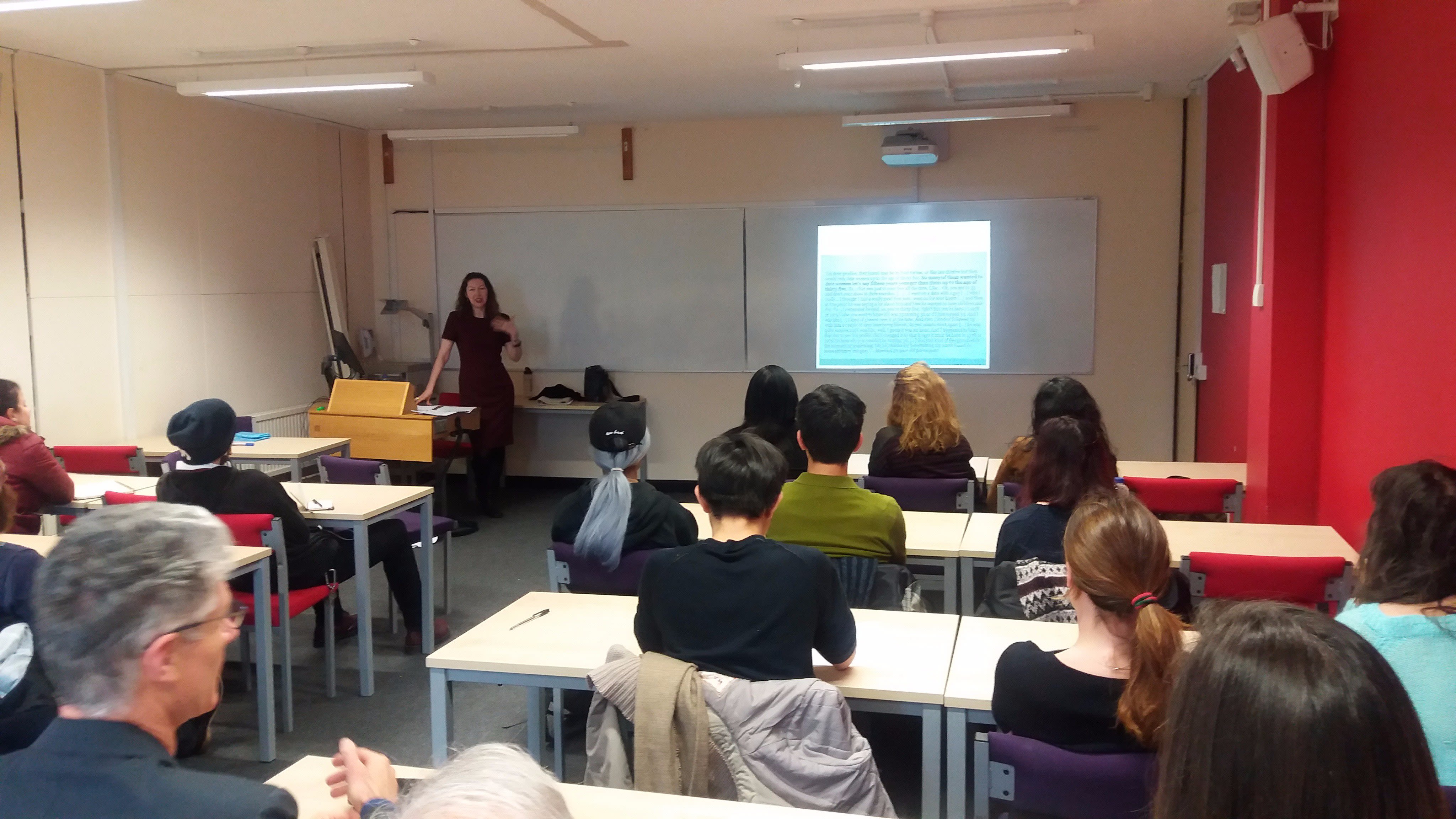
2010s
This decade was marked by the further growth and expansion of the Department.
In keeping with the Department’s interdisciplinary and vibrant outlook, the decade also saw the growing importance of three areas of study in the Department - criminology, migration studies and media - and was reflected in a range of departmental developments.
In the second half of the decade the University decided on a policy of major expansion and the number of staff in the Department began to increase significantly as did the number of students. A Centre for Criminology was established in 2013 and an MA in Organised Crime, Terrorism and Security was introduced.
A Centre for Migration Studies was launched in 2018 and a new MA in Migration Studies recruited its first students. An MA in Advertising, Marketing and the Media, and a BA in Media and Digital Culture were also launched.
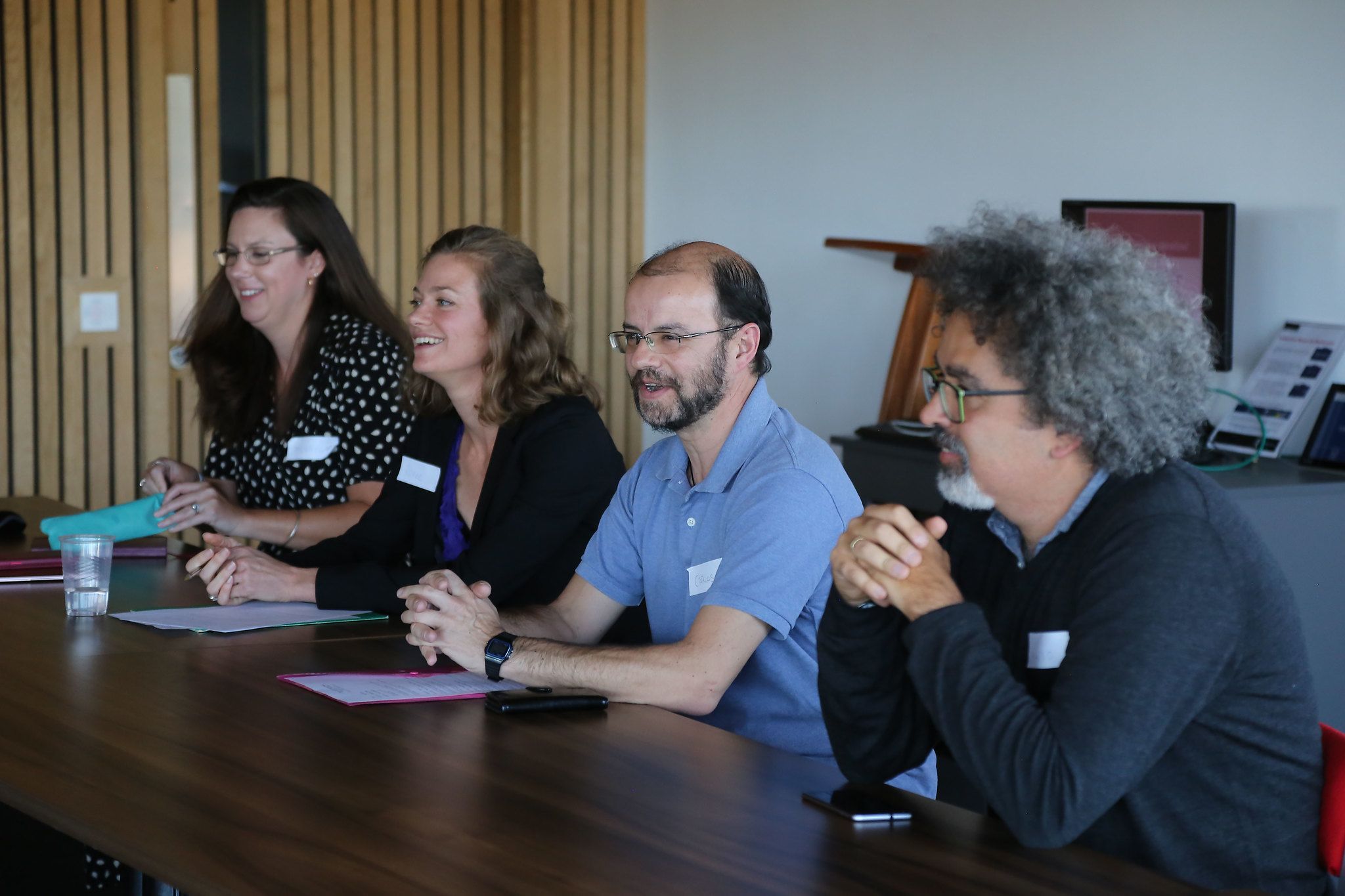
In 2014 the Department celebrated its 50th anniversary with a range of events including a conference and the publication of a volume edited by Ken Plummer, called Imaginations: fifty years of Essex Sociology.
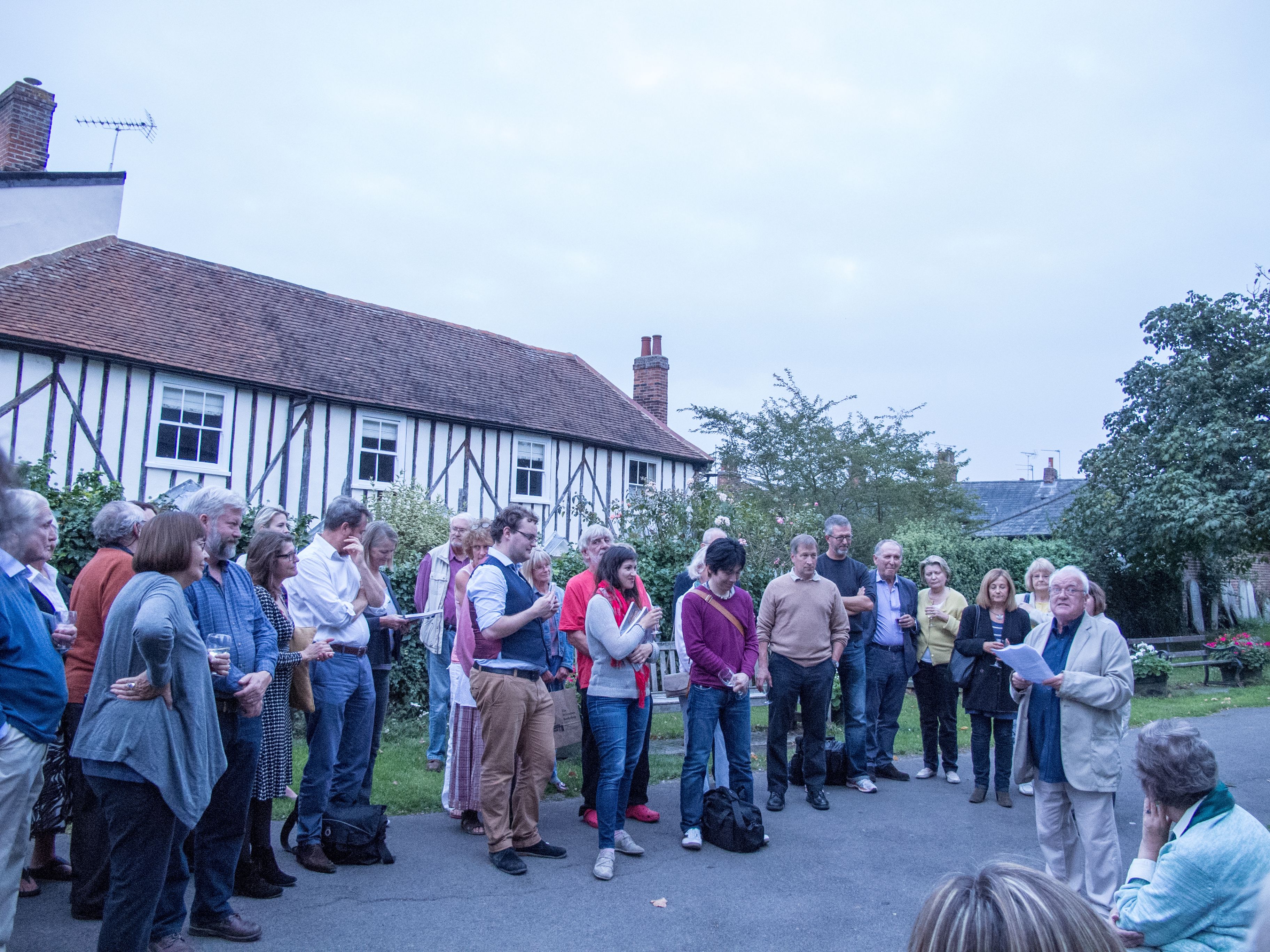
50th anniversary staff reunion: Dedham Boat House. From left: Ewa Morawska, Robin Blackburn, Michael Bailey, Paul Thompson and Lydia Morris.
2020s
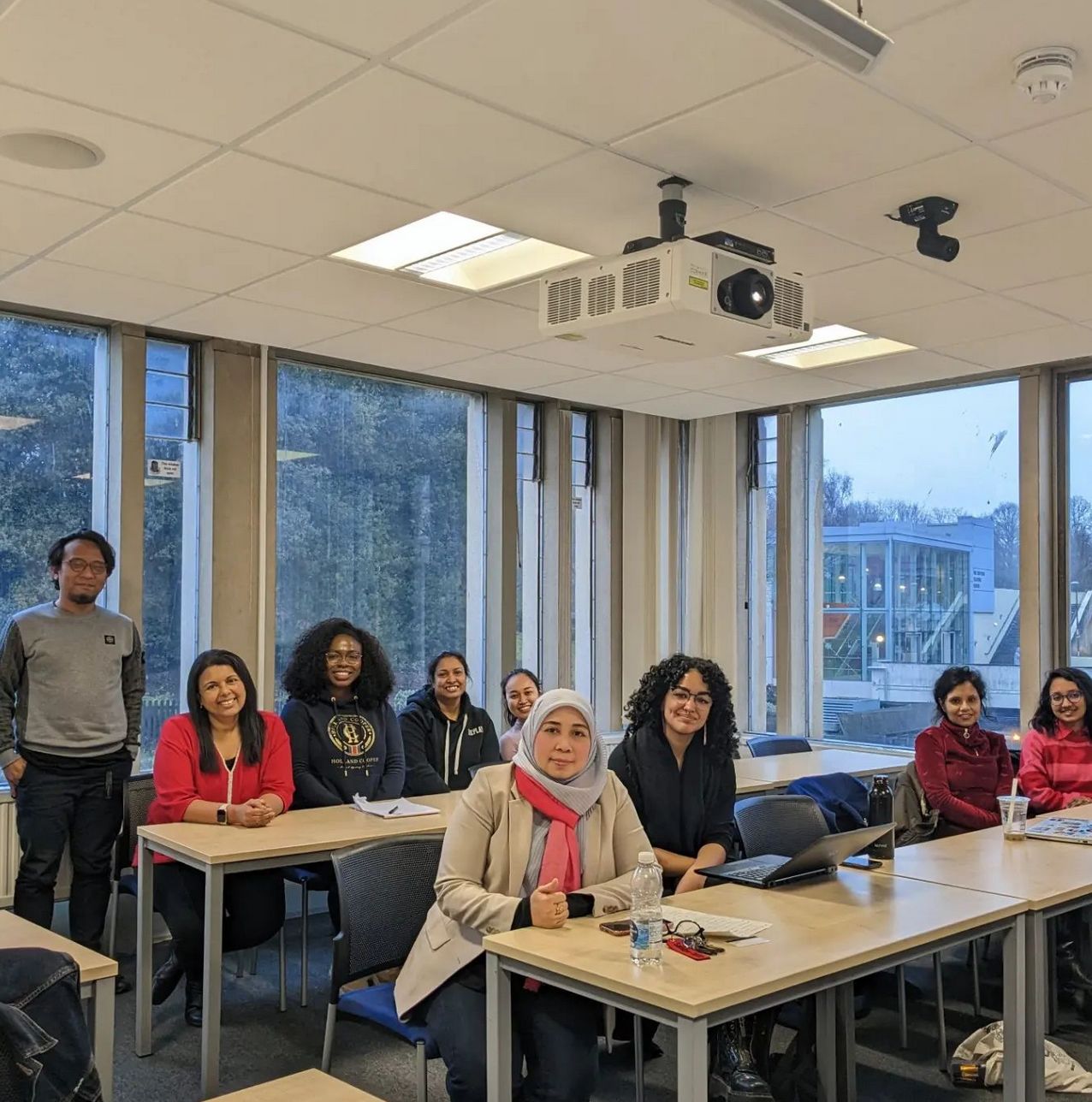
The Department is now larger and more international than it was 50 years ago.
Including recent appointments, it now has over 40 academic staff coming from 22 countries and nine professional services staff, with over 500 students.
The Department’s strong team spirit played a key role in navigating through the difficult times of the COVID-19 pandemic, and the interdisciplinary dynamism of the Department has continued, now reflected in five research centres, including its newest addition: the Centre for Global South Studies (CGSS) established in 2023.
Following its tradition of active political engagement, this year the Department co-hosted with Essex Art Exchange a student-organised event titled “From Occupation to Liberation: Decolonising Palestine”.
Essex also remains involved in shaping international debates in the social sciences and humanities and hosted the European Society for the History of Human Sciences (ESHHS) in July 2024.
Pam Cox, a recent Head of Department, became the Labour MP for Colchester in July 2024, the first ever female MP for the constituency and its first Labour MP since 1950.
This year the Department celebrates its 60th anniversary and has changed its name to the Department of Sociology and Criminology to better reflect the degrees now offered in criminology, as well as staff interests in that field that go back to Stan Cohen’s appointment in 1974.
The uncertain financial situation of universities at the current time makes the future hard to predict, but the intellectual calibre of staff, including excellent recent appointments, and the passion of our students, keep us optimistic about the Department’s future.
Dr Tarek Younis (Middlesex University) speaking at the Essex student-organised conference on Decolonising Palestine, 9 May 2024
Dr Tarek Younis (Middlesex University) speaking at the Essex student-organised conference on Decolonising Palestine, 9 May 2024
Professor Mike Roper (in blue) presenting at the European Society for the History of Human Sciences conference
Professor Mike Roper (in blue) presenting at the European Society for the History of Human Sciences conference
Pam Cox, MP for Colchester.
Pam Cox, MP for Colchester.
Celebrating the newly-named Department of Sociology and Criminology
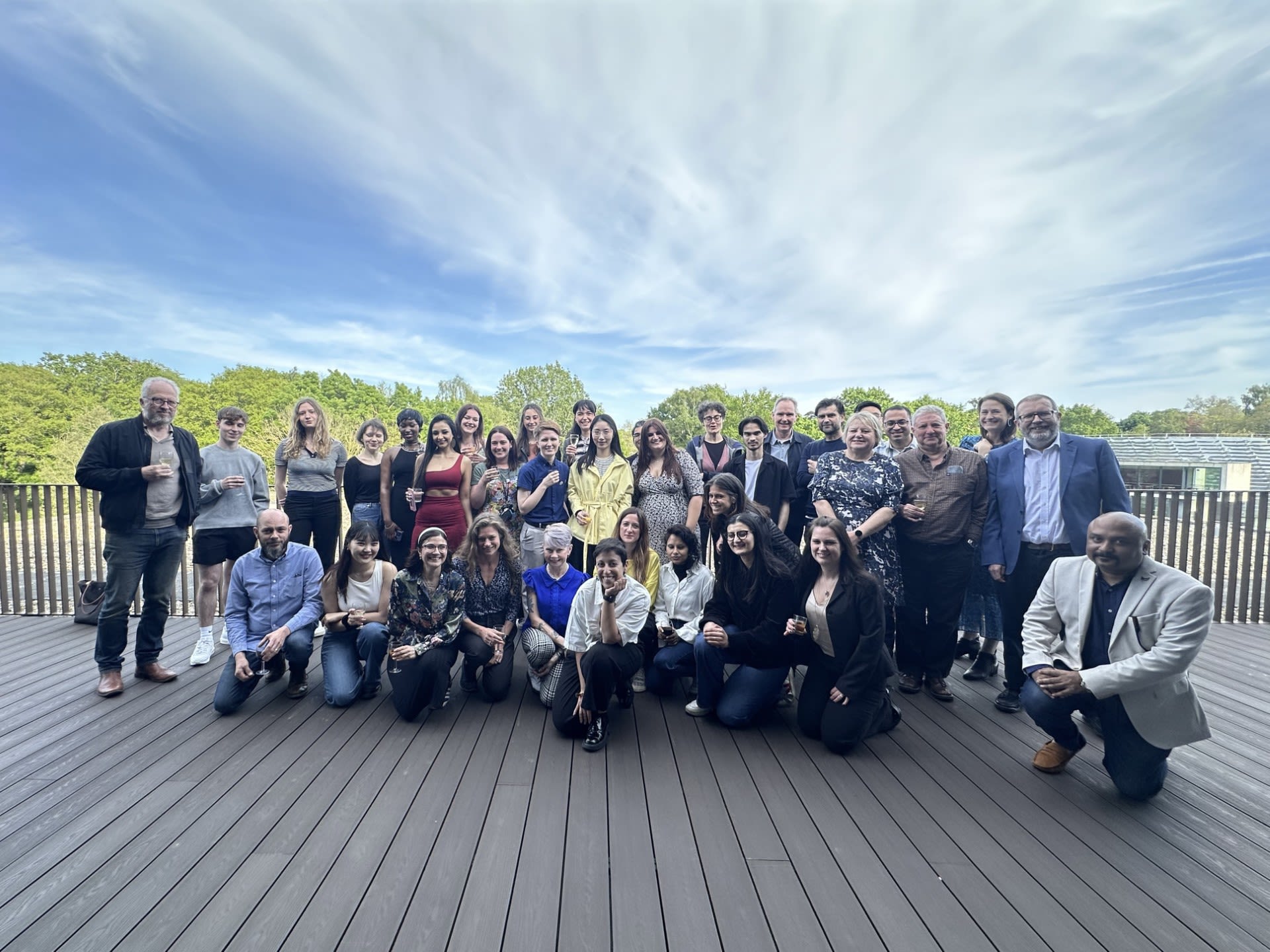
Find out more
BBC Reith Lectures
You can read more about the establishment of the University of Essex from its founding Vice-Chancellor, Sir Albert Sloman, in his first BBC Reith Lecture: A University in the Making; Tradition and Innovation. You can hear his BBC Reith Lecture: A University in the Making; The Fulfilment of Lives on BBC Sounds
History of University of Essex
Find out more about the University of Essex's history on its website.

